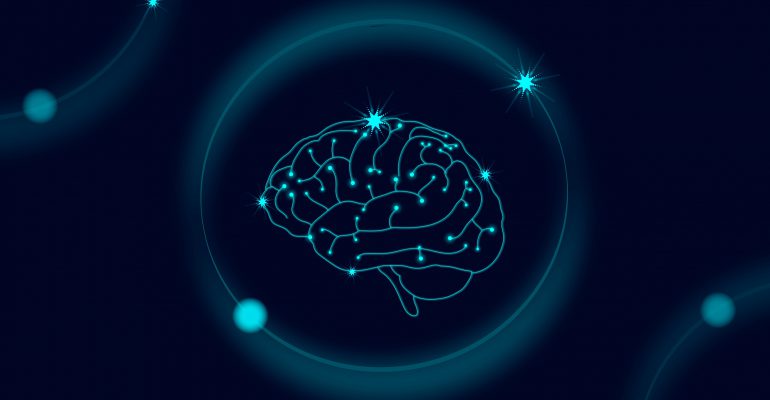The connection between the gut microbiome and the brain
May 29, 2023 2023-05-29 10:36The connection between the gut microbiome and the brain
Our elders have brought us up with a simple yet deeply ingrained learning that we are what we eat. This may have sounded irrational to us at that point of time, but in recent years, there has been evidence proving that it holds true for specific conditions. The term gut microbiome is used to collectively refer to the various microorganisms residing in the gut. These microbes hold a lot of influence over the human body and are referred to as the ‘second brain’. The gut microbiome is responsible for the production of vitamins B12, thiamine, riboflavin, and vitamin K. They have also played a role in immunomodulation. In addition to this, gut bacteria seem to influence the mood and emotional state of human beings.
Several bacterial species were found to be noticeably elevated or decreased in patients with depressive symptoms, according to the broadest analysis of depression and the gut microbiome to date, which was published in December 2022. Gastrointestinal difficulties and symptoms are often reported in people who have been diagnosed with anxiety and depression.
A study published in Nature Communications has presented us with concrete evidence of the fact that the gut bacteria influence our wellbeing. The absence of one particular bacterial species, Eubacterium ventriosum was observed in people who have been diagnosed with major depression. Major depression is associated with over 80 different genetic mutations and is controlled by these mutations whilst also being influenced by the gut microbiome.
In the future, fecal transplants could be used as a one-time treatment or cure option for patients suffering from mental health issues such as anxiety and depression. These transplants ensure that the donor’s microbiome contains the beneficial bacteria, etc that will have a positive impact on the mental health disorder that the patient is suffering from. Currently, there are various clinical trials in progress to assess the feasibility of fecal transplants as a cure for ulcerative colitis, Crohn’s disease and inflammatory bowel syndrome.
The central and enteric neural systems communicate in both directions through the gut-brain axis (GBA), which connects the brain’s emotional and cognitive regions to the peripheral functions of the intestine. Recent scientific developments have highlighted the significance of the gut bacteria in affecting these relationships. This concept can also be used to explain the feeling of wanting to consume comfort food during stressful times. The gut bacteria in general produce short-chain fatty acids which are then absorbed by the brain. This happens in a normal condition and any disturbance caused during or prior to the synthesis of these fatty acids could cause mental health disorders.
To conclude, if we follow an active lifestyle, and consume what is healthy for the gut microbiome, then it will tremendously impact the gut microbiome quality which could in turn either delay or stop the occurrence of chronic conditions that are driven by inflammation.
Authored by Aditi Sonni, Biocon KGI Certificate Program in Biosciences, Batch 23
References:
https://www.frontiersin.org/articles/10.3389/fimmu.2020.604179/full#h3








